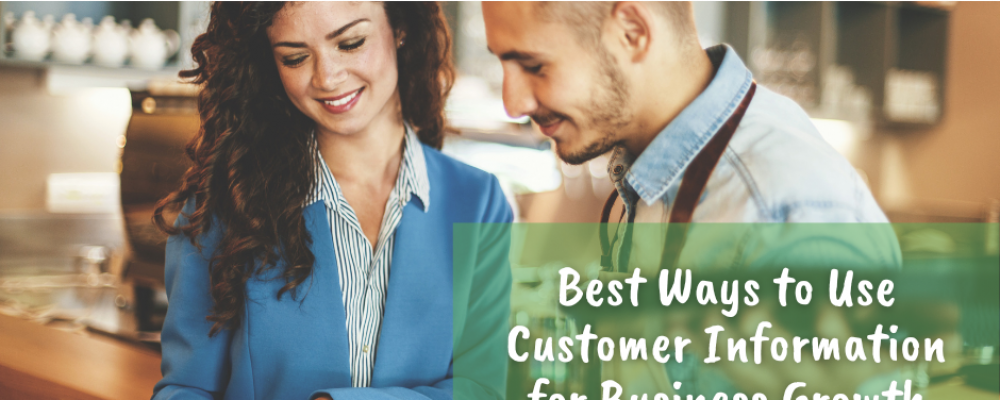Collecting the right data and using it with intention can help you reach your audience in unique ways.
In 2022, data is essential for businesses trying to make deeper connections with their customers. A business with specific details on what its audience enjoys puts them in a better position than a business using generalized messaging. When a business uses personalization to interact with its customers, it can win them over easier and generate a much more loyal audience base.
What is personalization for business?
According to Demand Curve, personalization is the collection of relevant user data that can be used in different ways to enhance marketing and sales efforts. As consumers, we often see personalization while shopping without even realizing it. Here are some examples shared by Demand Curve:
- 🛍️ Customized Recommendations: Last week you browsed online for sweaters from a particular store. This week, you go back to the site and are now presented with recommended options tailored to your tastes from your previous visit.
- 🔔 Customer Reminders & Loyalty Incentives: You use an app to order coffee beans from one of your favorite shops. A couple of weeks later when you notice you’re running low, so does your app. It pushes a notification to you recommending that you stock up on your product, and offers a promo code to get a discount for your loyalty.
- 💎 Longevity Perks: A software application you use for work is having an issue. Thanks to your premium membership, granted to you for being a loyal customer for years, you get directed straight to the right department to fix your issue immediately instead of waiting for a slower response.
[Read the full article to learn how to collect and manage customer data.]
How do you know personalization works?
Bsquared shares a report from McKinsey that shows personalization matters more than ever, especially with the majority of consumers changing their shopping behaviors over the last two years. The report found:
- 71% of consumers expect businesses to deliver personalized interactions. When the mark is missed, consumers become frustrated.
- 72% of consumers expect businesses to recognize them as individuals and cater to their specific interests.
- Businesses focusing on personalization are seeing better customer outcomes with longer-lasting relationships and stronger loyalty.
[Find more stats on the benefits of personalization.]
How can you get your business more focused on personalization?
McKinsey says if a business wants to accelerate its personalization game, it needs to lean into the data and analytics to identify the opportunities. Every business is different and will need to take a different approach to personalization. The businesses that are finding the most unique ways to connect with their customers are the ones outperforming in terms of personalization.
AI-driven decision-making, aligning organizational resources with customer desires, and committing to an agile operating model are just a few ways a business can ease into using more personalization in its customer outreach.
Now that most consumers consider it a basic expectation, personalization must be a piece of every business’ growth plan. It can help generate more revenue, support customer retention, and help businesses facilitate those long-term relationships.
Is personalization a new concept for your business, or do you have a success story to share? Tell us about it on social and leave your comments on Facebook or LinkedIn.


Follow Us!